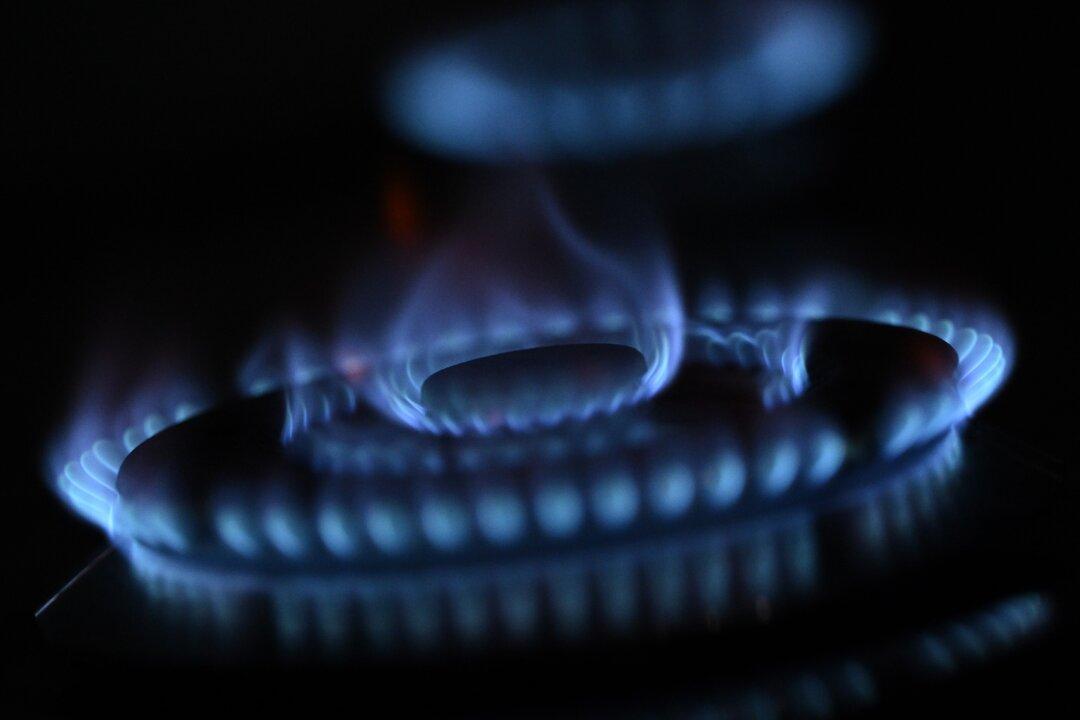Greens Treasury spokesperson Senator Nick McKim and Senator Dorinda Cox have alleged that the federal government is letting the gas industry lead the way on its proposed changes to the Petroleum Resource Rent Tax (PRRT), accusing the government of simply appeasing the gas industry.
PRRT is a profits-based tax that only taxes profits of petroleum projects above a specified rate of return. It is paid when a petroleum project’s total assessable receipts exceed the total deductible expenditure level set by the federal government.




